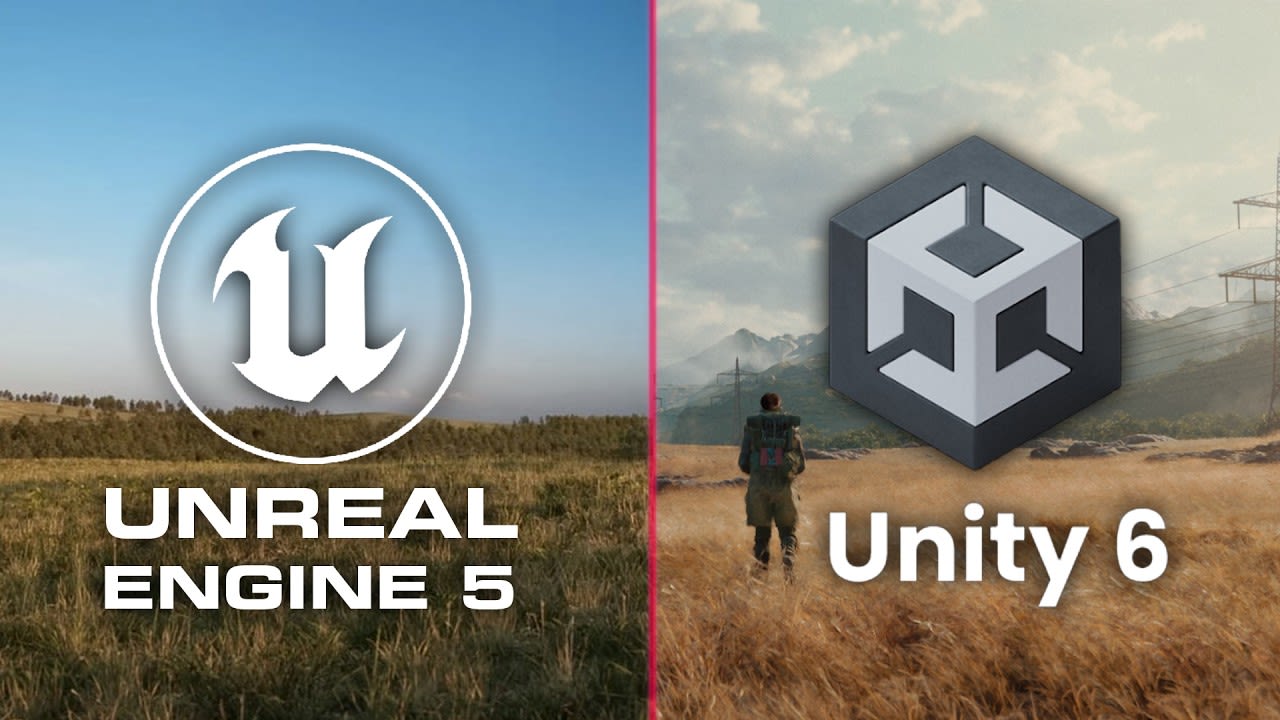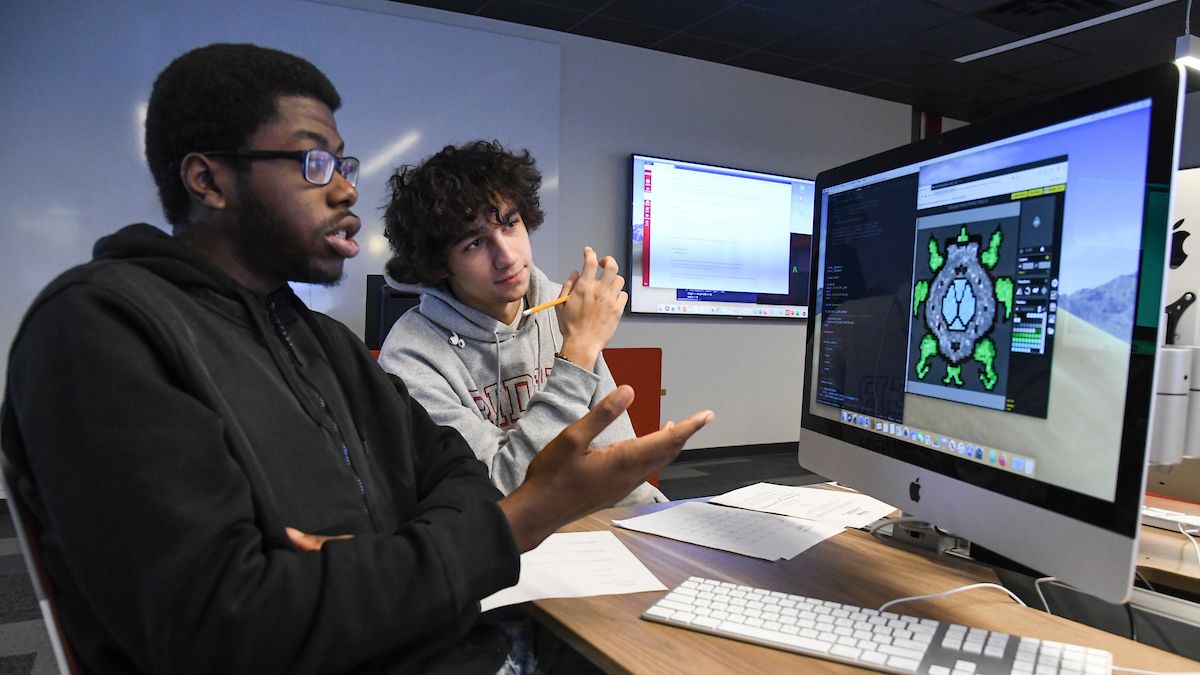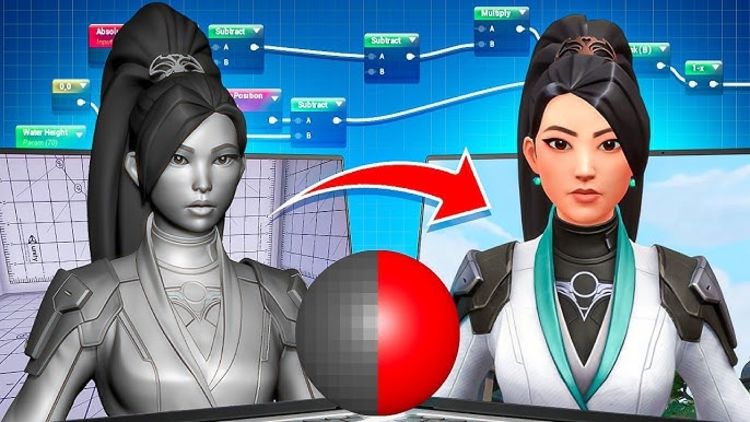Why Your Unity or Unreal Skills Will Pay Off Far Beyond Games

The Big Picture
Level design, game mechanics and artwork are all essential aspects of game development and you'd not be wrong to keep that at the forefront of your thinking when developing a game of your own. But here's the surprise: the same tools you use to build games are now in demand across film, architecture, automotive, simulation and more.
The market for game engines is booming and the opportunities for developers who understand real-time systems are multiplying fast.
Analysts estimate the global game engine market will expand dramatically this decade, with forecasts putting it in the region of USD 11–12 billion by the early 2030s. That growth is driven by more industries adopting engines for interactive visualization, simulation and virtual production. In short, game engines are no longer niche tools for games only. (globalnewswire)
Where Game Engines Will Be Used
Now, let's just look at a couple areas where game engines can be used:
Automotive and simulation
Car makers use engines to prototype environments, test sensors and create driver training simulations. Major manufacturers have built large simulation centres powered by real-time tools to model weather, traffic and vehicle dynamics. If you like physics, systems design and data pipelines, the automotive sector offers roles where your game engine knowledge helps build safer, smarter vehicles. (UnrealEngine)
Architecture and construction
Architects use engines for live walkthroughs and client presentations. Tools like Twinmotion link BIM and CAD models directly into real-time scenes so clients can explore unbuilt spaces with convincing light, weather and material behaviour. Your skills in real-time lighting, optimisation and scene composition can turn an architect’s plan into an immersive experience that helps stakeholders make faster, better decisions. (EpicGames+Twinmotion)
This is Great News for Game Dev Students (COPY)

First, your skillset is portable. The fundamentals you learn building games — scene optimisation, shader and material authoring, animation systems, UI design and real-time lighting — translate directly into non-game roles.
Second, smaller teams and startups in non-gaming fields often need real-time talent, so there are more entry points than ever. Third, cross-disciplinary work increases your value. Knowing how to collaborate with architects, filmmakers or engineers will make you indispensable.
Skills to focus on right now
If you want to hop on this train, here are some amazing practical skills to develop:
- Real-time optimisation and profiling. Learn to diagnose bottlenecks and trim scenes for speed.
- Shader programming and materials. Visual fidelity sells projects in film and architecture as much as in games.
- Tool pipelines and interoperability. Know how to move assets between Blender, Maya, Revit, CAD and your engine.
- Virtual production basics. Learn camera tracking, in-camera VFX and LED stage workflows.
- Simulation and physics. Understanding rigid body, particle and vehicle dynamics will open industrial roles.
- Communication Skills (across the board). Being able to speak to designers, architects or engineers will get you hired.
The Future is Cross-Disciplinary
While being specialized is great, being a cross-disciplinarian in relative industries from yours is where you really get to flex your skills to those industry revolutionaries. And now with game engines are becoming general purpose tools for rendering, simulation and interaction. That trend will only accelerate as engines get more capable and easier to integrate.
Learning to work in this wider ecosystem not only widens your career options but also lets you influence products in creative industries outside games.
Final word
Now, if world building and solving technical puzzles is your bread and butter, then you are training for more than a games career. Your engine skills are a passport to film production, architectural visualization, automotive simulation and beyond.
Keep level design in your toolkit, but also learn the tools that let a director, architect or engineer bring their vision to life in real time. The next big role you land might be at a studio, on a film set or inside a design firm and your game engine skills will be the reason you got it.

